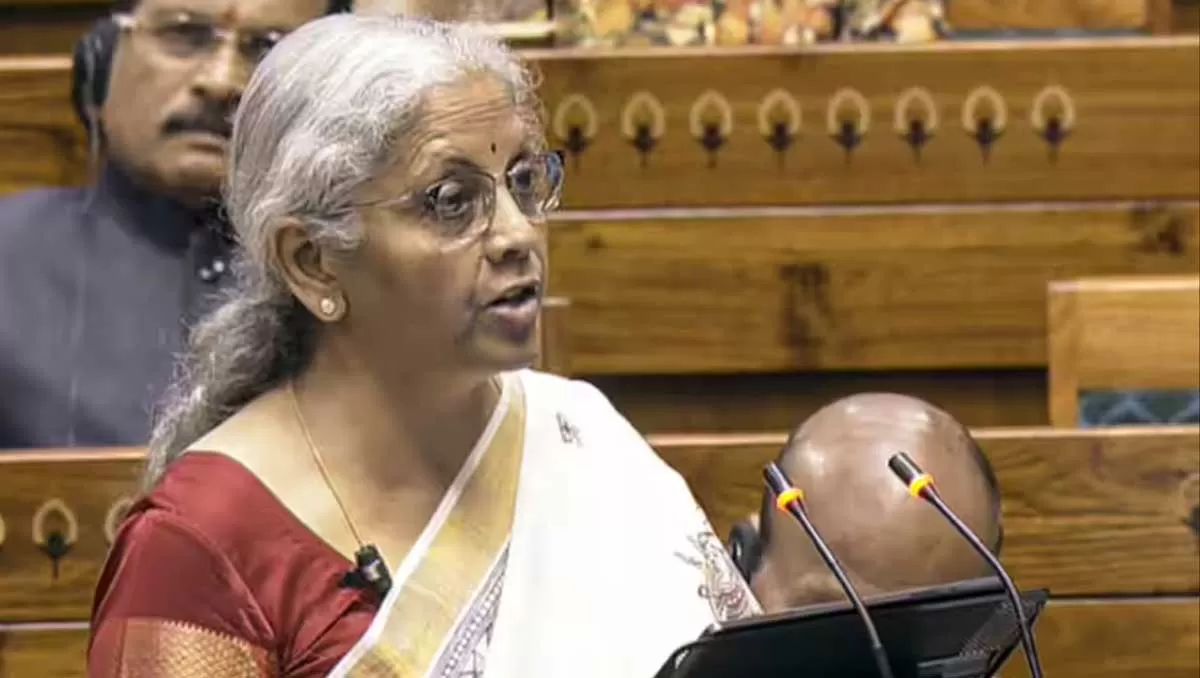
Finance Minister Unveils Mutual Credit Guarantee Scheme for MSMEs

Titan Intech Strengthens UltraLED Push With Global LED Veteran
Titan Intech has announced the induction of global LED industry veteran Su Piow Ko to its Board of Directors, marking a strategic step in strengthening its UltraLED Displays roadmap and building globally competitive LED display solutions from India.The appointment aligns with Titan Intech’s ambition to position India as a hub for advanced, high-quality LED display manufacturing. With an increased focus on UltraLED Displays, the company aims to enhance technical governance, raise manufacturing standards and expand its presence across global markets.Su Piow Ko brings over three decades of inte..

Dun & Bradstreet Flags New Growth Engines in India 2026 Outlook
Dun & Bradstreet has released its India 2026: D&B’s Perspective report, projecting a stable macroeconomic environment underpinned by fresh opportunities for productivity-led and inclusive growth. The report outlines how India’s next growth phase will be driven by digitised logistics, trusted data ecosystems, clean energy and rising city vitality.According to the outlook, India’s GDP growth is expected to reach around 6.6 per cent by FY2027, supported by resilient consumer demand and sustained public investment. Manufacturing is seen entering a new phase, moving beyond scale towar..

Sources Unlimited Introduces Vitamine Pendant Lamp by Melogranoblu
Sources Unlimited has launched the Vitamine Pendant Lamp by Melogranoblu in India, expanding its portfolio of curated international luxury lighting solutions. Designed and crafted in Italy, the Vitamine pendant reflects contemporary glass artistry, combining hand-blown craftsmanship with refined aesthetics and atmospheric illumination.The Vitamine Pendant Lamp is sculpted in hand-blown glass and is available in frosted, silver and black metallised finishes. Each finish offers a distinct visual identity while maintaining a cohesive and sophisticated design language. The lamp’s softly contoure..
















